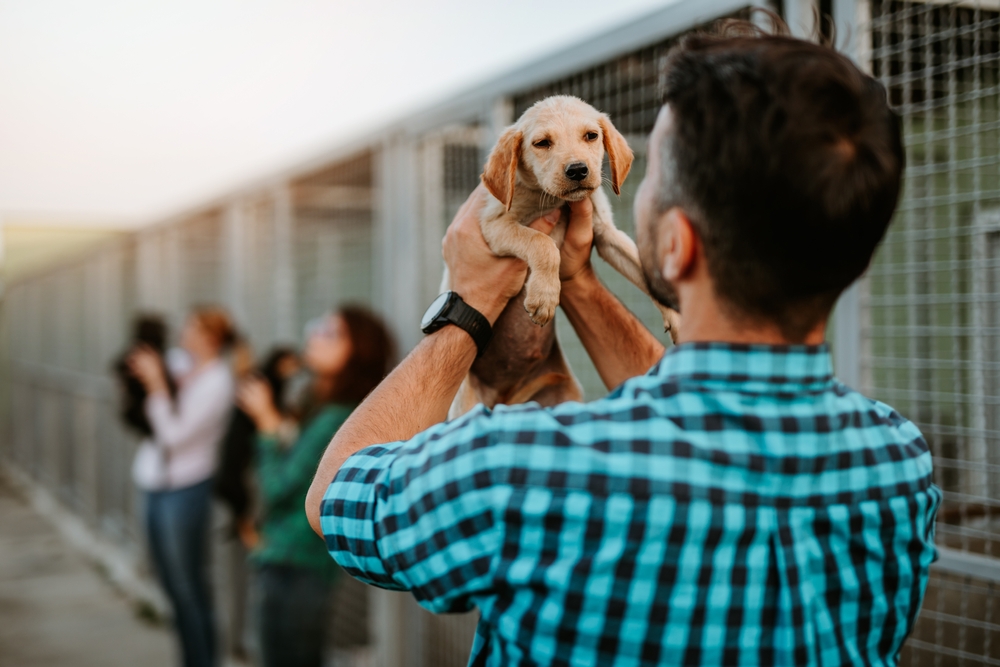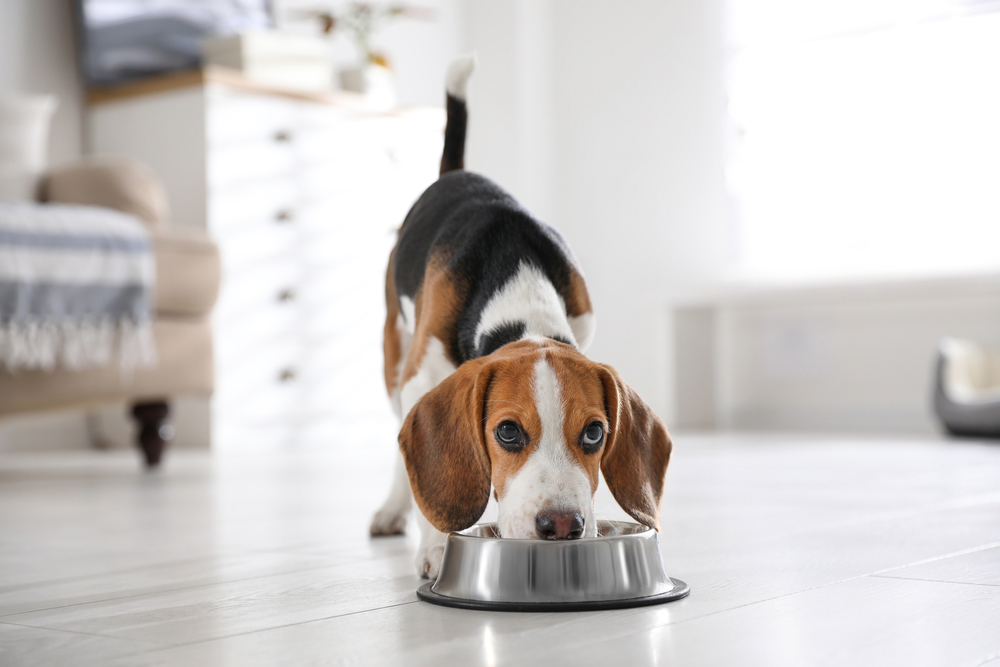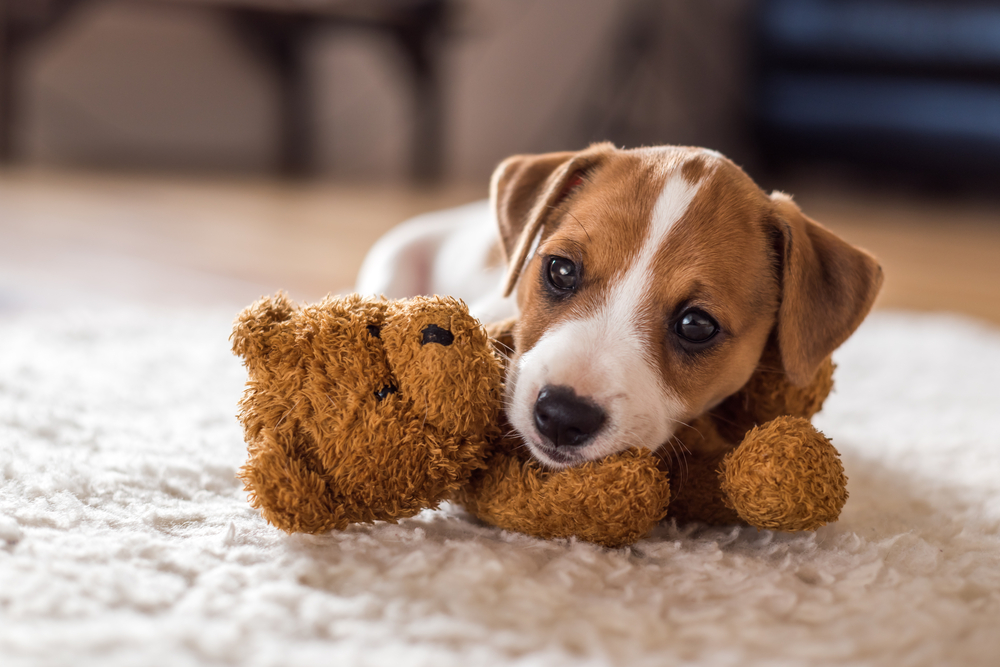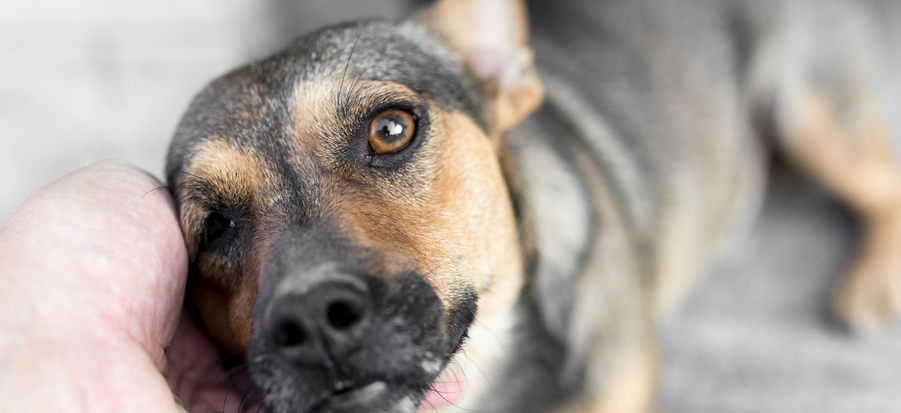
Welcoming Your New Puppy: The Importance of Early Training
The Joys of a New Puppy

Why Early Training is Essential
Establishes Good Behavior: Starting training early helps instill good behavior from the beginning. Puppies are like sponges, ready to absorb new information and habits. Teaching them basic commands and house rules right away sets the stage for a well-mannered adult dog.
Strengthens Bond: Training is a fantastic way to strengthen the bond between you and your puppy. It builds trust and understanding, which are essential for a healthy relationship.
Prevents Behavioral Problems: Addressing and correcting undesirable behaviors early on can prevent them from becoming ingrained habits. Early training can help avoid issues such as excessive barking, chewing, and aggression.
Promotes Socialization: Proper training involves exposing your puppy to various environments, people, and other animals. This exposure is crucial for developing a well-adjusted and confident dog.
Ensures Safety: Teaching your puppy commands like “sit,” “stay,” and “come” can be lifesaving in certain situations. A well-trained dog is less likely to run into dangerous situations or get lost.
A Complete Guide to Puppy Training
1. Basic Commands:
• Sit: Hold a treat close to your puppy’s nose, then move your hand up, allowing their head to follow the treat and causing their bottom to lower. Once they’re in the sitting position, say “sit” and give them the treat.
• Stay: Ask your puppy to sit. Open your palm in front of you and say “stay.” Take a few steps back and if they stay, reward them with a treat and affection. Gradually increase the distance.
• Come: Put a leash on your puppy and gently pull them towards you while saying “Come.” Reward them when they reach you.
2. House Training:
• Consistency: Take your puppy outside frequently, especially after meals and naps. Use the same spot each time so they associate it with doing their business.
• Positive Reinforcement: Praise and reward your puppy when they go outside. Avoid punishment for accidents inside, as it can create fear and confusion.
3. Crate Training:
• Comfortable Space: Make the crate a cozy, inviting place with a comfortable bed and toys.
• Gradual Introduction: Start with short periods in the crate, gradually increasing the time. Always use positive reinforcement, never force your puppy into the crate.
4. Socialization:
• Exposure: Introduce your puppy to various environments, people, and other dogs. Positive experiences during this critical period are vital for their development.
• Controlled Interactions: Ensure that interactions are positive and controlled to prevent fear or aggression.
5. Obedience Classes:
• Professional Guidance: Consider enrolling your puppy in obedience classes. Professional trainers can provide valuable guidance and help address specific issues.




